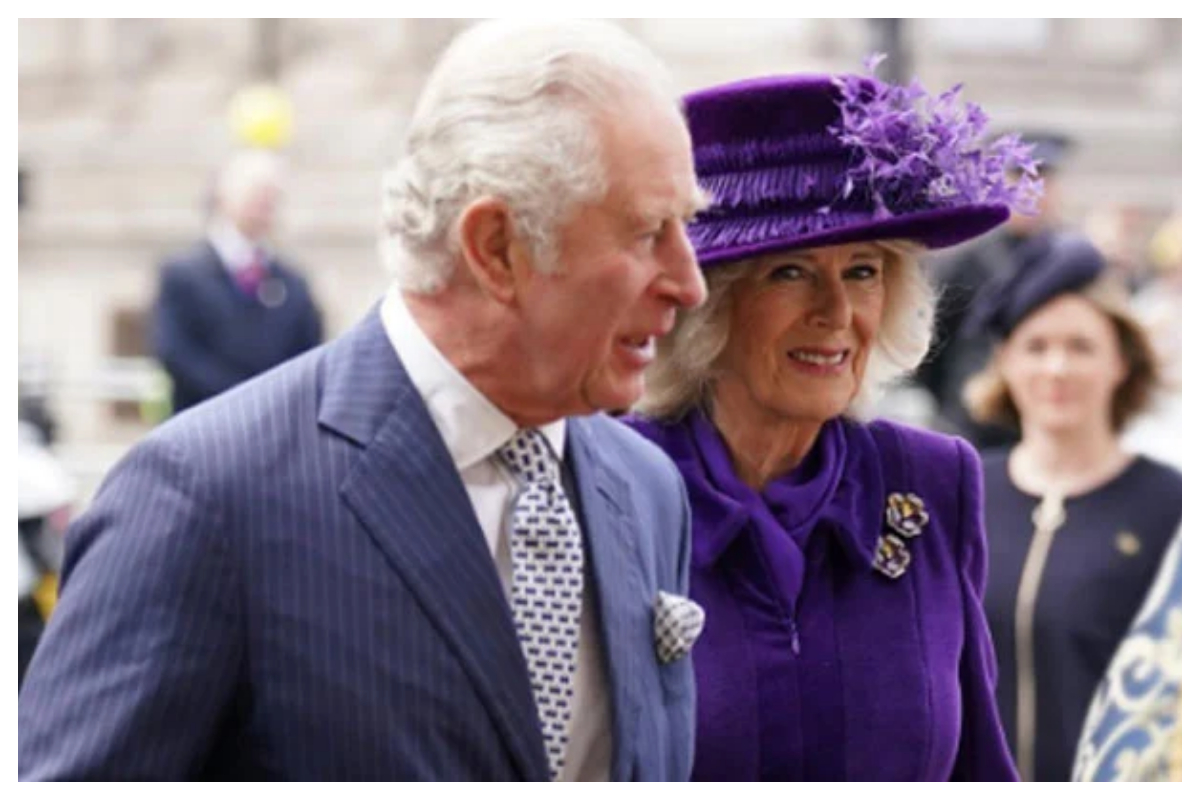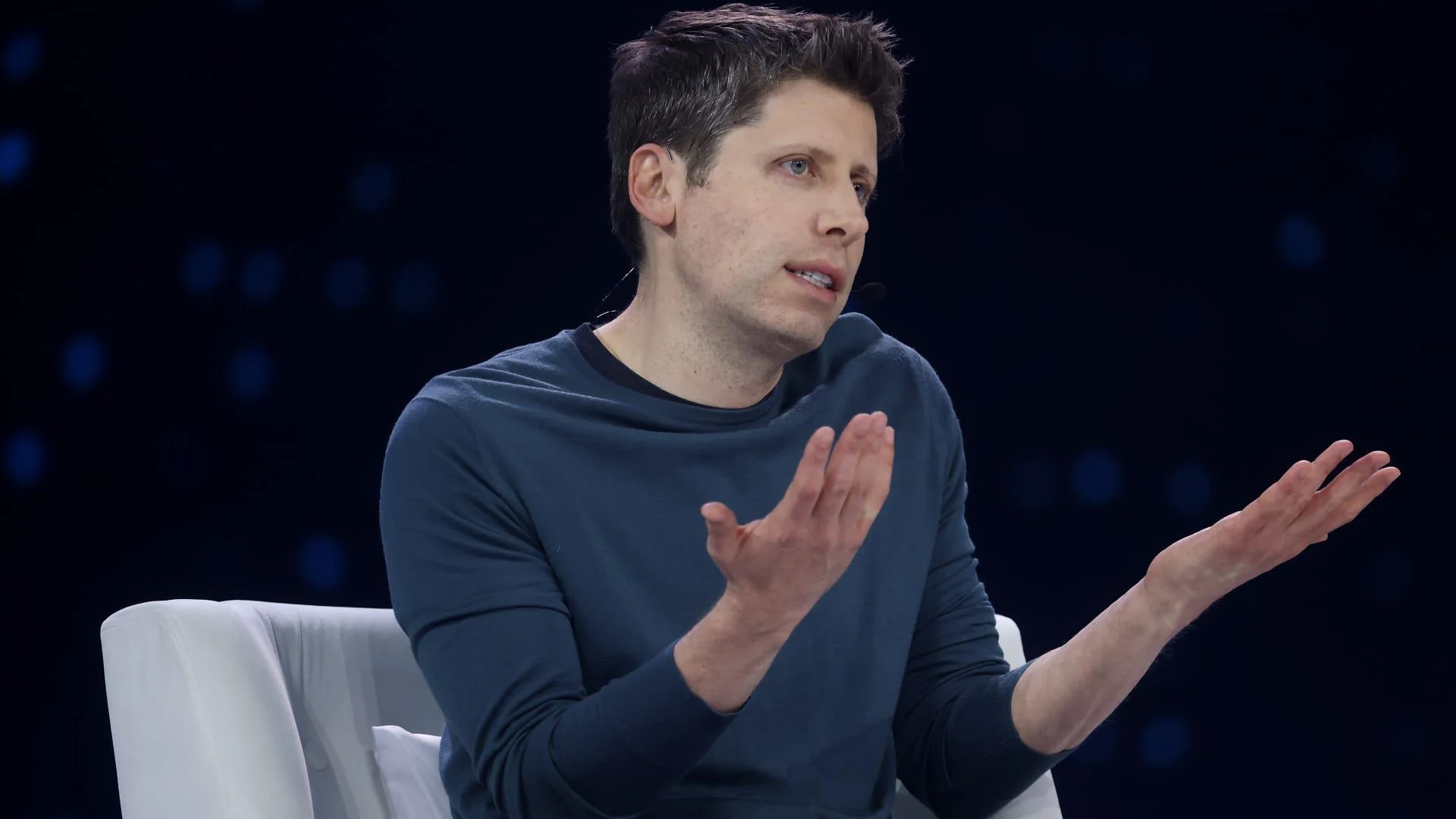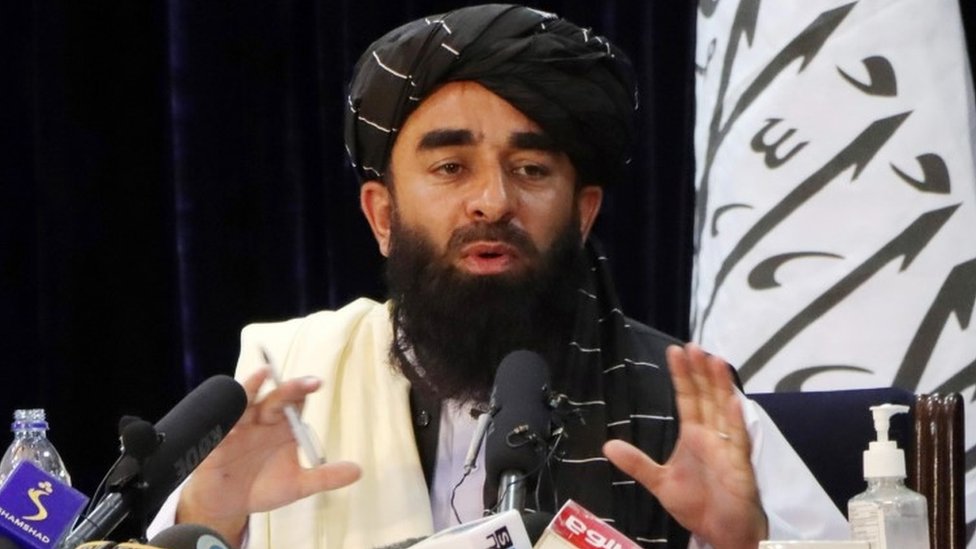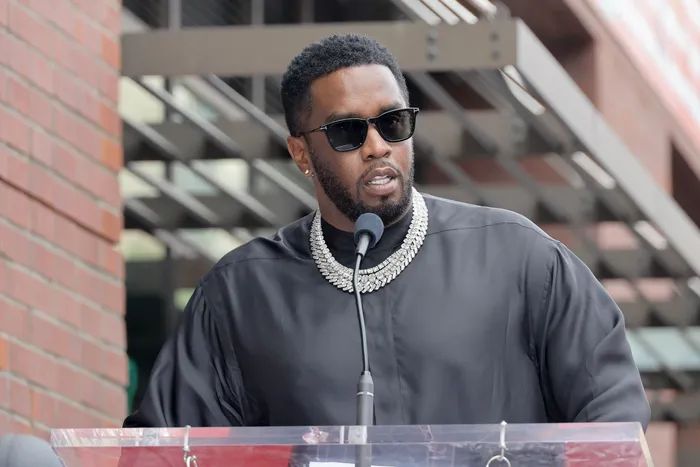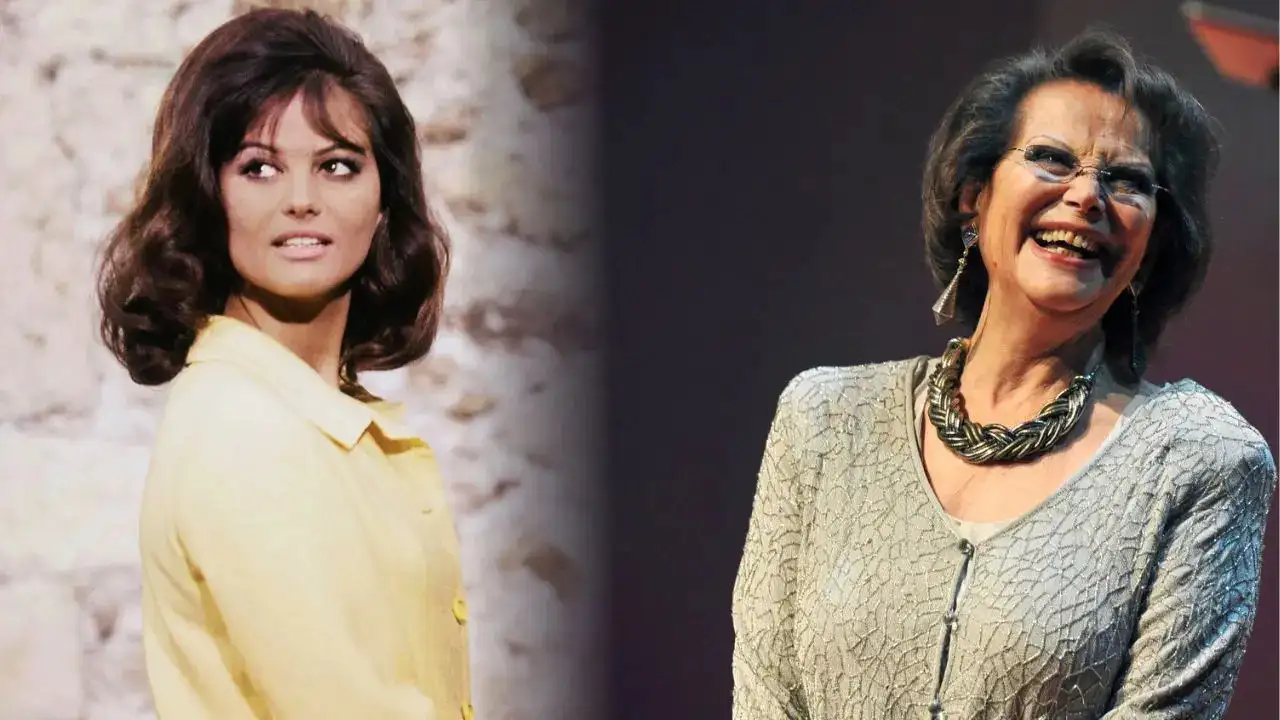- The anthem for King Charles III’s coronation was written by English composer Andrew Lloyd Webber.
- The composition by Webber is one of twelve brand-new works that Charles commissioned.
- “I hope my anthem reflects this joyful occasion,” Webber said.
LONDON (AP) — The anthem for King Charles III’s coronation was written by English composer Andrew Lloyd Webber, who is best known for writing the scores for popular musicals like “Cats,” “The Phantom of the Opera,” and “Evita.” He adapted a piece of church music that calls for vocalists to make a “joyful noise.”
The composition by Webber is one of twelve brand-new works that Charles commissioned for the important event on May 6 at Westminster Abbey. The lyrics are taken from Psalm 98, and the choir and organ of the abbey were specifically used in its composition.
“I hope my anthem reflects this joyful occasion,” Webber said in a statement distributed by Buckingham Palace.
The palace is attempting to combine traditional and modern aspects that represent the realities of contemporary Britain in the programme for the king’s coronation event, which includes both older music and new works. Artists having ties to all four of the United Kingdom’s component countries, as well as to the Commonwealth and other nations that have sent so many people to its shores, have created brand-new works.
The service will feature music by composers whose works have been featured in previous coronations, including William Byrd (1543-1623), George Frideric Handel (1685-1759), Edward Elgar (1857-1934), Henry Walford Davies (1869-1941), William Walton (1902-1983), Hubert Parry (1848-1918), and Ralph Vaughan Williams (1872-1958), as well as a piece by the contemporary Welsh composer Karl Jenkins.
There will also be new works by Sarah Class, Nigel Hess, Paul Mealor, Tarik O’Regan, Roxanna Panufnik, Shirley J. Thompson, Judith Weir, Roderick Williams and Debbie Wiseman.
“The decision to combine old and new reflects the cultural breadth of the age in which we live,’’ said Andrew Nethsingha, the organist and master of choristers at Westminster Abbey.
“Coronations have taken place in Westminster Abbey since 1066. It has been a privilege to collaborate with his majesty in choosing fine musicians and accessible, communicative music for this great occasion,” Nethsingha said.
[embedpost slug=”secret-meaning-behind-king-charles-coronation-symbol/”]

